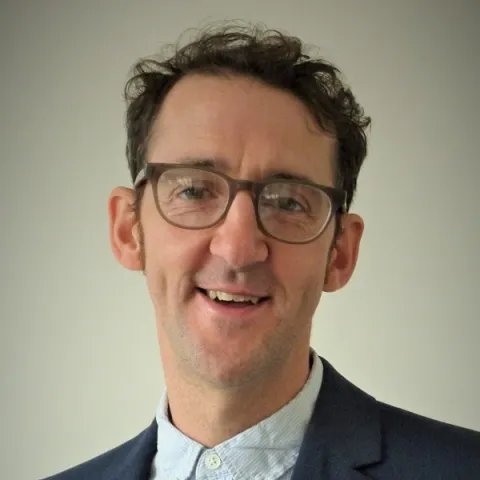About the project
Ocean robots (sensors and vehicles) can offer the spatial and temporal coverage required to observe ocean acidification and the rapidly changing carbon cycle. Using the latest in autonomous technologies, this project will develop, demonstrate and prove the impact of high-resolution carbon observations through a series of trials around the globe.
The ocean carbon cycle is changing at an unprecedented rate with acidification threatening ocean ecosystems and blue economies. Understanding spatial and temporal variability in carbonate chemistry is essential to identify ocean acidification hotspots and better understand and predict impacts on marine life.
Autonomous technology has the potential for large-scale high-resolution real-time observing (e.g. the Argo programme) and could accelerate our understanding of how the ocean carbon cycle is changing. The National Oceanography Centre (NOC) is a world leader in ocean observing technology development (sensors, samplers and vehicles) and its use for generating new knowledge.
Working with engineers and scientists from the Ocean Technology and Engineering group, the successful PhD candidate will lead the optimization of novel autonomous sensor and sampler technologies (e.g. through laboratory tests and field trials, integrated on autonomous platforms such as the Autosub Long Range and gliders and profiling floats.
The successful candidate will evaluate these technologies and develop new autonomous observing strategies during planned and funded sea trials to the North and mid-latitude Atlantic Ocean, Southern Ocean and Mediterranean Sea. The candidate will collaborate with the wider European ocean carbon observing community and observing technology developers through project GEORGE and TRICUSO (starting January 2025) collecting data which will improve our understanding of ocean acidification and carbon dynamics.
The primary objective of this project will be to test the hypothesis that novel observing technologies can generate data of the quality required for ocean carbon sink estimates and air-sea CO2 fluxes, considering measurement uncertainty and contrasting against traditional ship-based observations.
Supervisors
You will also be supervised by organisations other than the University of Southampton, including the following from the National Oceanography Centre:
